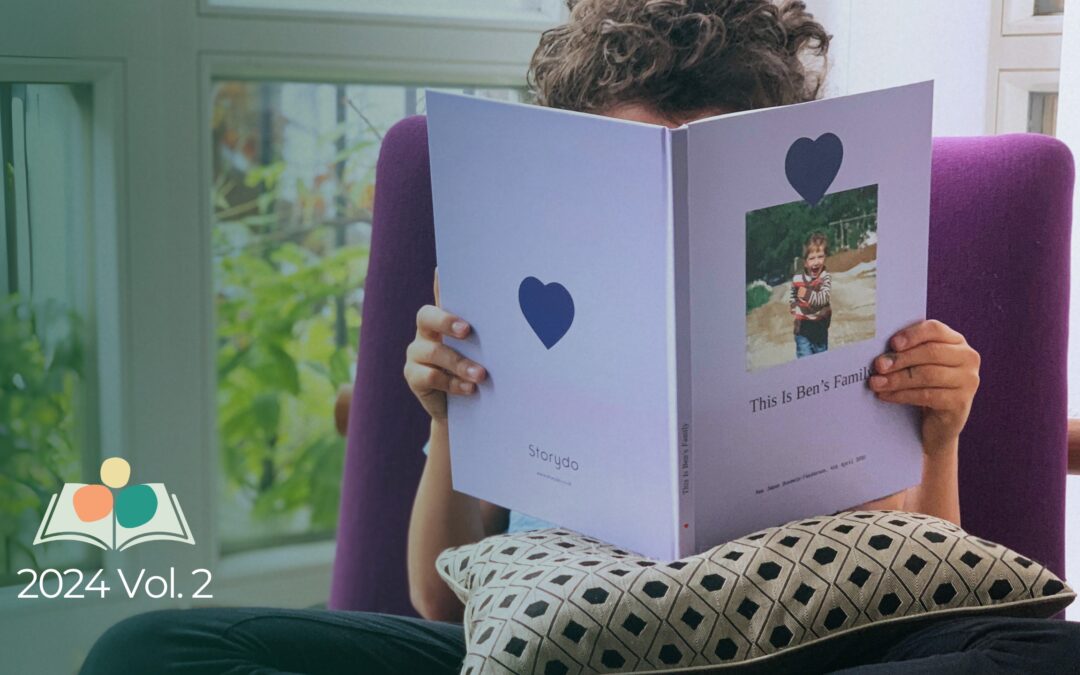Featured in the AllPaths Magazine, 2024 Volume 2
By Sonja Klug
In mainstream books, films, and ads there is a very dominant narrative of how families happen: Usually, a man and a woman fall in love, have children and live happily after. From a young age, that’s how we learn how families are formed, so it’s no surprise that most hetero people expect this for themselves, too.
Yet there is a growing number for whom this narrative does not reflect their family nor their path to building it. They may have utilized fertility treatment, adoption, donor assisted reproduction, or surrogacy. They may be an LGBTQ or solo parent.
Many of the parents-to-be who choose donor conception worry about how this will impact them and their children, from concerns that the child may not bond as well with the non-genetic parent(s), or that they will feel different growing up in a family that might not look similar to the ones they frequently see in books.
On social media forums, many voice anxiety about how to tell their child about their origin, fearing it will cause a rift in their relationship. During the development of Storydo, I have closely worked with dozens of families through donor conception and have seen how donor conception can be integrated into the family narrative in a way that telling a child can become a bonding, trust-building experience.
Family storytelling can also help to normalize diverse families. When children start formal schooling around four or five, they become aware of norms and differences. This is often the age where they start asking why their family is different, for example, why they have two daddies, or one mummy, instead of the “mummy-daddy” setup they seem to see everywhere.

